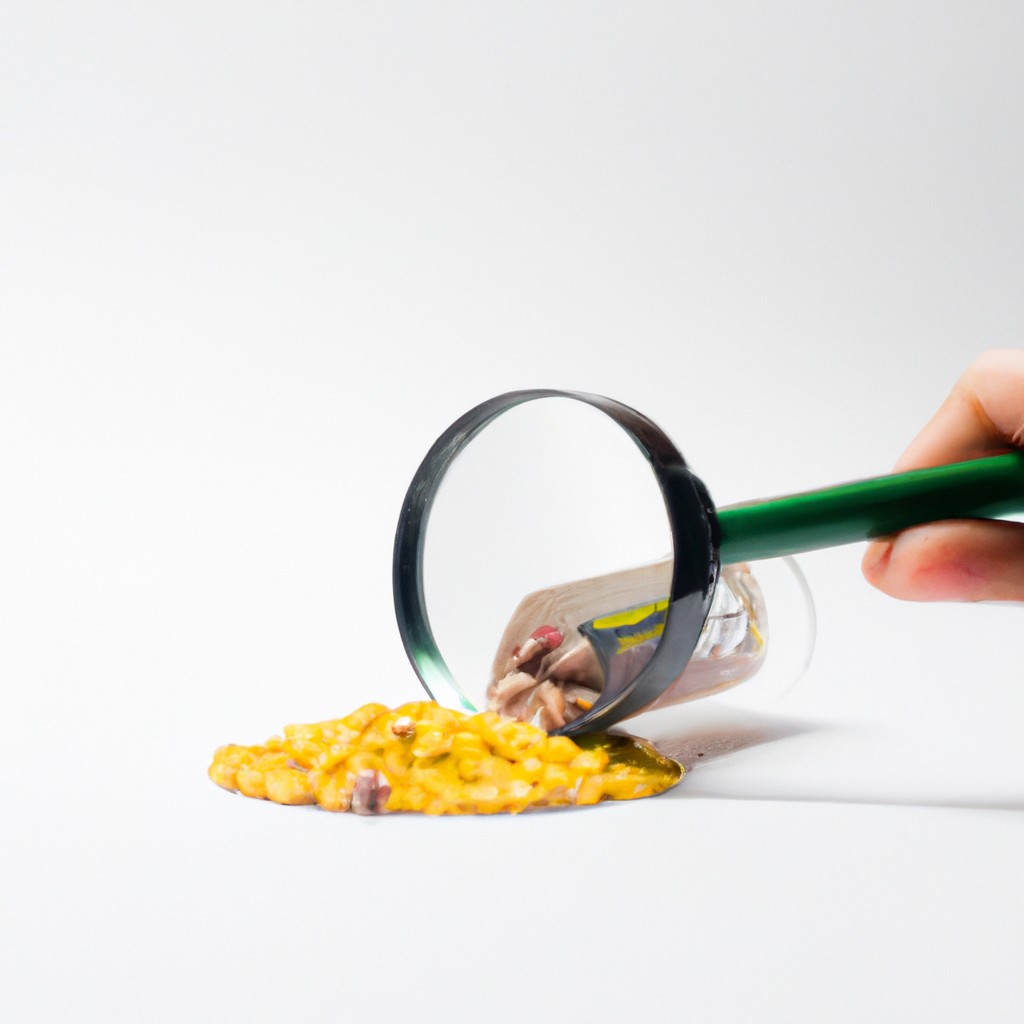A food scientist studies the chemistry, biology, and engineering of food to ensure it’s safe, nutritious, and delicious.
Look Inside:
Definition and Nature of the Work

Food scientists are the curious minds behind the food we eat, mixing a love for grub with mad science skills. They study the physical, chemical, and biological properties of food to make sure it’s safe and tasty. Let’s say they’re the culinary wizards turning raw materials into delicious, safe, and shelf-stable products.
They experiment in labs, figuring out the best ways to preserve, process, package, and even enhance the nutrition of our food. Imagine a food detective solving the mystery of why your cereal stays crispy in milk or how your ice cream remains scoopable straight from the freezer.
These professionals also play a crucial role in quality control, ensuring the food meets government regulations and industry standards before it reaches your plate. They might even dabble in developing new flavors or creating gluten-free, vegan, or other specialized foods to cater to various dietary needs. A bit of chemistry, biology, engineering, and a whole lot of trial and error go into their everyday work.
Education and Training Requirements
To don the hat of a food scientist, one generally needs a bachelor’s degree in food science, chemistry, microbiology, or a related field. It’s like Hogwarts for foodies.
While a bachelor’s might open the door, a master’s or PhD can kick it wide open, offering better prospects and, let’s be honest, more bragging rights. Specialized courses in food processing, food chemistry, and quality assurance provide essential skills.
Internships are golden. They offer hands-on experience and, more importantly, free snacks. And don’t forget lab work—think of it as cooking experiments, but with gloves and goggles.
Professional certifications can boost your profile. The Institute of Food Technologists (IFT) offers some fancy-sounding credentials that can make your resume sparkle.
The Role of Food Scientists in the Food Industry
Imagine you’re eating a bag of chips that claim to be “the crunchiest ever.” A food scientist likely stood behind that bold claim. They ensure that our food is safe, tasty, and nutritious. From the farm to your fork, they play pivotal roles.
These experts develop new food products, like those wild-flavored ice creams you see popping up. They analyze nutritional content to keep your snacks healthy-ish. Safety? They test everything, making sure no sneaky bacteria crash your lunch party.
But that’s not all. They also work on improving food processing methods, reducing waste, and finding sustainable packaging solutions. Imagine them as food ninjas, fighting for a better food future.
Food Scientist Career Preparation
First off, buckle up for some education. A bachelor’s degree in food science, biology, chemistry, or a related field is your entry ticket. Think of it like Hogwarts but with more lab coats and fewer broomsticks.
Internships are golden. They provide hands-on experience and a chance to understand the industry’s quirks and features. Plus, you might just get to wear those cool safety goggles.
Next, consider earning a master’s degree or even a Ph.D. These can open doors to higher-level positions or research opportunities. You’ve got to love a good challenge, after all.
Certification can be the cherry on top. While not mandatory, credentials from the Institute of Food Technologists can seriously boost your resume. Think of it as leveling up in the food science game.
Lastly, stay curious. The food industry evolves, and keeping up with the latest trends and technologies can set you apart. And hey, who doesn’t love having the scoop on the next big superfood?
Earnings and Benefits
Ah, the green stuff! Food scientists can make a pretty decent living. Most entry-level positions start around $50,000 to $60,000 per year, not too shabby, right? With experience, that number can easily double or even triple.
Benefits? Yep, they’re there too. Many food scientists enjoy comprehensive health insurance, retirement plans, and sometimes even gourmet cafeteria meals. Yum! Picture job stability as the cherry on top, because everyone’s gotta eat, and we need food scientists to keep our tummies and taste buds happy.
Not bad for a gig that lets you play with food, huh?